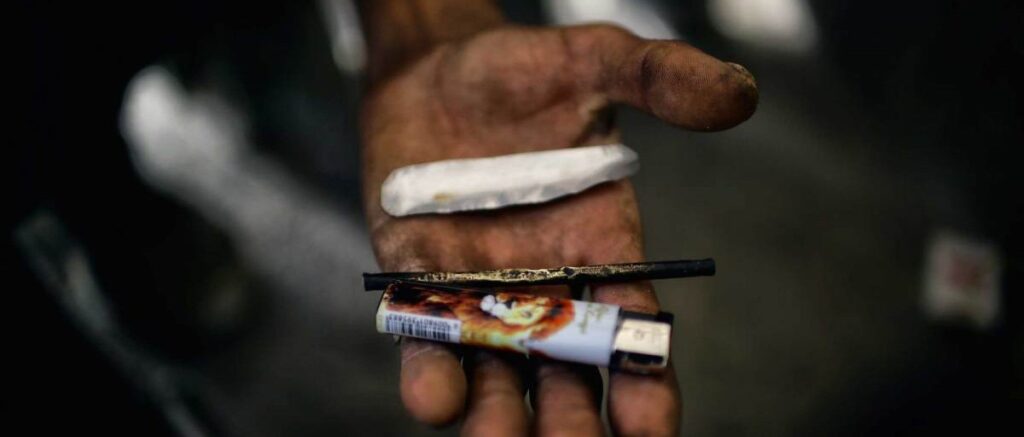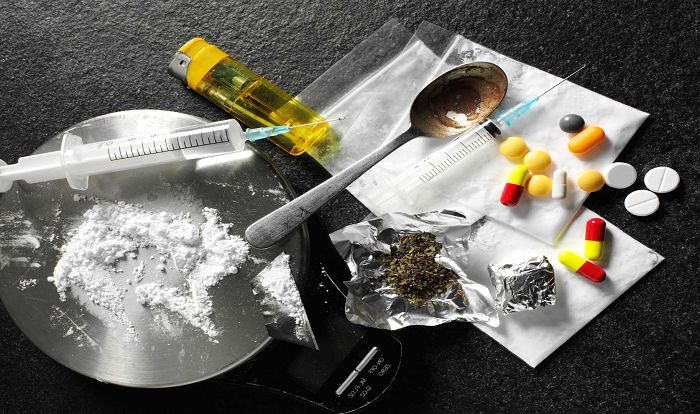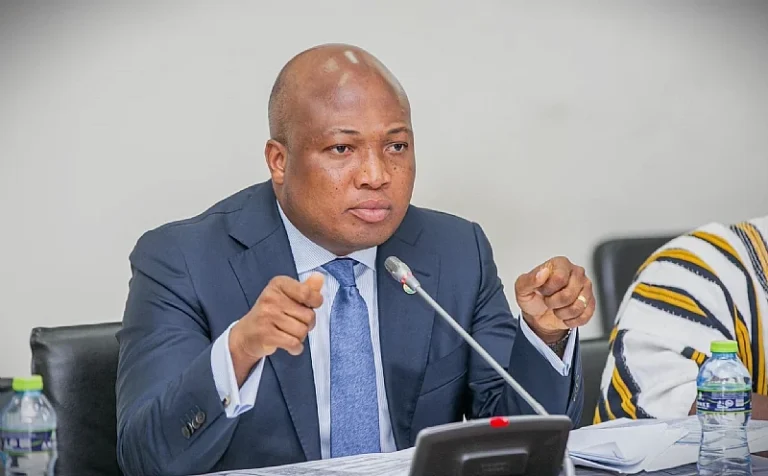The Medical and Dental Council (MDC) has revealed troubling findings about the mental health of Ghanaian doctors, disclosing that a significant number are battling psychiatric conditions and substance abuse.
According to Dr. Divine Banyubala, Registrar of the Council, about 30 percent of the affected practitioners are struggling with schizophrenia, while others suffer from personality disorders and depression. Even more concerning, many have developed addictions to substances such as tramadol, morphine, pethidine, and heroin, with some engaging in multiple drug use.

“A lot of them have psychiatric conditions. About 30% are struggling with schizophrenia, others have personality disorders, depression, or substance abuse and addiction issues,” Dr. Banyubala stated.
To tackle the crisis, the Council has established a Practice Committee supported by a Health Assessment Panel made up of senior medical professionals. This panel evaluates affected doctors and recommends suitable treatment or interventions.
Encouragingly, Dr. Banyubala noted that early intervention has proven highly effective. About 80 percent of affected doctors can return to full professional capacity after timely treatment.
However, he admitted that not all cases can be salvaged.
“Unfortunately, a few are too far gone and can never come back—they are beyond redemption,” he explained.
The Council also emphasized accountability, stressing that doctors who refuse treatment or are deemed unfit to practice will have their licenses suspended until they fully recover.
This dual approach, according to the MDC, aims not only to rehabilitate struggling practitioners but also to protect patients and uphold the integrity of Ghana’s medical profession.

Experts say the alarming trend underscores the urgent need to address the underlying causes of stress and burnout in the medical profession. Many doctors in Ghana work under intense pressure, often in under-resourced facilities with limited staff and high patient volumes.
The emotional toll of dealing with critical cases, coupled with financial and personal challenges, makes them more vulnerable to psychiatric disorders and substance abuse.
Stakeholders are calling for structured wellness programmes, regular mental health assessments, and counselling services tailored to healthcare workers. Strengthening these support systems, they argue, will help protect both medical professionals and the patients they serve.



